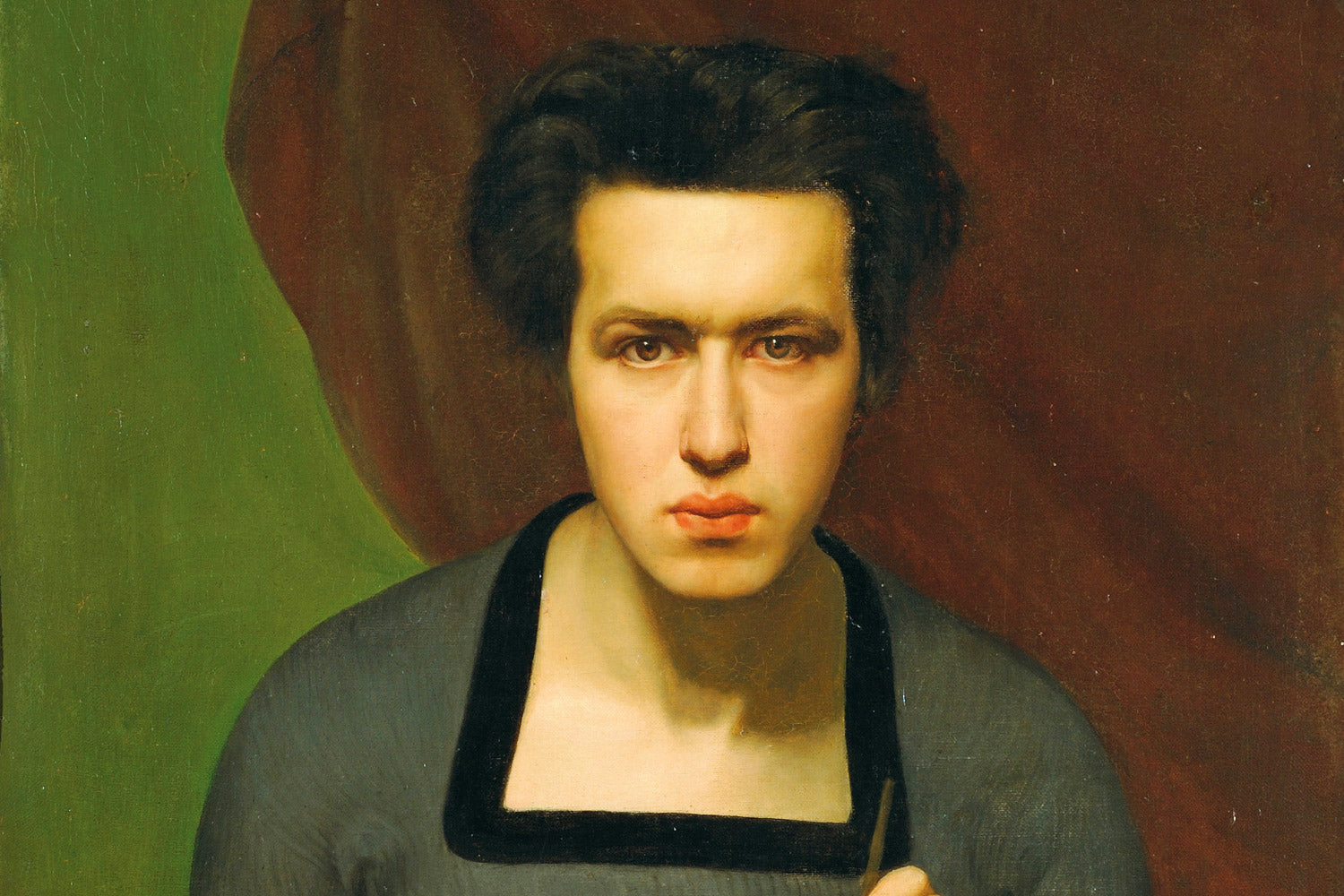Nursery & Children’s Room Wall Art Guide: Crafting Spaces Brimming with Imagination

Designing a child’s room goes far beyond placing furniture and picking colours. It’s about creating a world that sparks imagination and provides comfort. Wall art plays a central role in this transformation.
Are you preparing a peaceful nursery for your newborn? Or perhaps a lively bedroom for your adventurous five-year-old? The right posters can turn a plain space into a room full of personality.
At Posterscape, we believe that kids’ wall art should tell a story. It should ignite curiosity and reflect the unique character of its young owner. This guide will help you choose the right posters, pair them with other decorative elements, and understand why certain themes resonate so strongly with children.

Why wall art really matters in a child’s space
Children absorb everything around them. Studies show that visual stimuli such as colours and shapes influence their mood, concentration, and even cognitive development (colour psychology). A thoughtfully chosen piece can make bedtime calmer, playtime more joyful, or homework more inspiring.
In the early years, images of animals, nature, or whimsical characters work particularly well. Our fox nursery poster features a warm illustration that brings calm and companionship to the room. Its soft tones create a soothing atmosphere while captivating a curious toddler’s attention.
Wall art as a storytelling tool
Storytelling remains a powerful way to connect with children. Posters showing characters in action, like our charming rabbit playing the violin, add a nostalgic touch and spark conversations. This illustration invites children to imagine what melody the rabbit might be playing.
These kinds of artworks can also help parents create bedtime routines. By weaving the poster into a bedtime story, the artwork becomes a living part of the child’s imagination.
Choosing the right theme for a child’s room
The best wall art reflects a child’s personality and interests while leaving room to grow. Here are some themes that work well for different ages:
1. Animal friends
Animals are a clear favourite in children’s decor. They can be realistic, cartoon-style, or fantastical. Each style offers a different type of engagement. A fox, whale, or hedgehog can all become imaginary companions. Our fox nursery poster is one of our most loved animal prints, thanks to its gentle watercolours and friendly expression.

2. Whimsical illustrations
Art with a touch of whimsy stimulates creativity in wonderful ways. Illustrations inspired by vintage children’s books, like the violin-playing rabbit, bring a timeless charm while keeping the decor playful.
3. Inspiring and educational
Posters with letters, numbers, maps, or nature diagrams can turn the room into a space for learning. The key is to combine educational value with visual appeal – it should feel like art, not homework.
4. Artistic and dreamy
For a softer, dreamier atmosphere, consider watercolour art. Our watercolour painting of a young girl with flowers brings poetic and peaceful energy. The fluid lines and gentle transitions create a calm and inviting environment.
Colour psychology in children’s wall art
Colours play a significant role in setting the mood. According to child development research, soft blues and greens promote calm, warm yellows and oranges encourage positivity, and balanced pastels create a comfortable, secure feeling. Bright reds or neon tones can be stimulating, but should be used sparingly in rest areas.
For nurseries, pastel shades with touches of warm colour work best. As children grow, you can introduce bolder contrasts and richer palettes to match their energy and preferences.

Framing and display tips
Once you’ve chosen your posters, the way you display them will influence the final effect. Here are some ideas:
- Gallery walls: Mix different sizes and styles in a balanced arrangement. This works well above a bed or in a reading nook.
- Statement piece: Choose one large, striking poster as a focal point (like the fox or watercolour girl) and keep other decor subtle.
- Low-hung art for toddlers: Hanging art at a child’s eye level encourages direct interaction.
At Posterscape, our posters come in a variety of sizes to suit different layouts, making it easy to adapt as your child grows.
Safety and durability
When decorating for children, safety comes first. Make sure frames are securely attached to the wall and, if possible, use shatterproof glazing. Lightweight wooden frames or poster hangers work well for nurseries and playrooms. You can learn more about child safety in home decor to ensure peace of mind.
Durability matters too. Children’s rooms are lively places, so choosing high-quality prints that won’t fade and sturdy frames that can handle bumps will keep the room looking great for years.
Adapting wall art as your child grows
One of the best things about posters is their adaptability. When your child’s tastes change, you can update the art without redoing the whole room. That’s why our Kids’ Poster Collection covers a wide range of themes – from sweet nursery animals to more sophisticated designs for tweens and teens.
For example, you might start with a gentle fox illustration in the nursery, then swap it for a world map or an abstract print once your child starts school. The frames stay – only the artwork inside changes.
Pairing wall art with other decor
To create a cohesive look, coordinate your posters with bedding, rugs, and curtains. A poster with botanical elements, like our watercolour girl and flowers print, could be paired with floral cushions or pastel linens.
Lighting also makes a big difference. Warm, soft lighting will enhance the colours of the art without glare. Fairy lights or wall lamps near a gallery wall can add a magical touch.
Making wall art interactive
For younger children, consider adding an interactive element to their wall art. Chalkboard posters, magnetic maps, or prints with hidden details that can be discovered over time can be both decorative and engaging. While Posterscape focuses on high-quality printed art, mixing in one or two interactive pieces alongside framed posters can make the room even more fun.

The emotional connection
Ultimately, the value of wall art in a child’s room lies not just in how it looks, but in the memories and feelings it holds. A child may remember the friendly fox on their wall years later, or the dreamy watercolour painting tha


Leave a comment
This site is protected by hCaptcha and the hCaptcha Privacy Policy and Terms of Service apply.